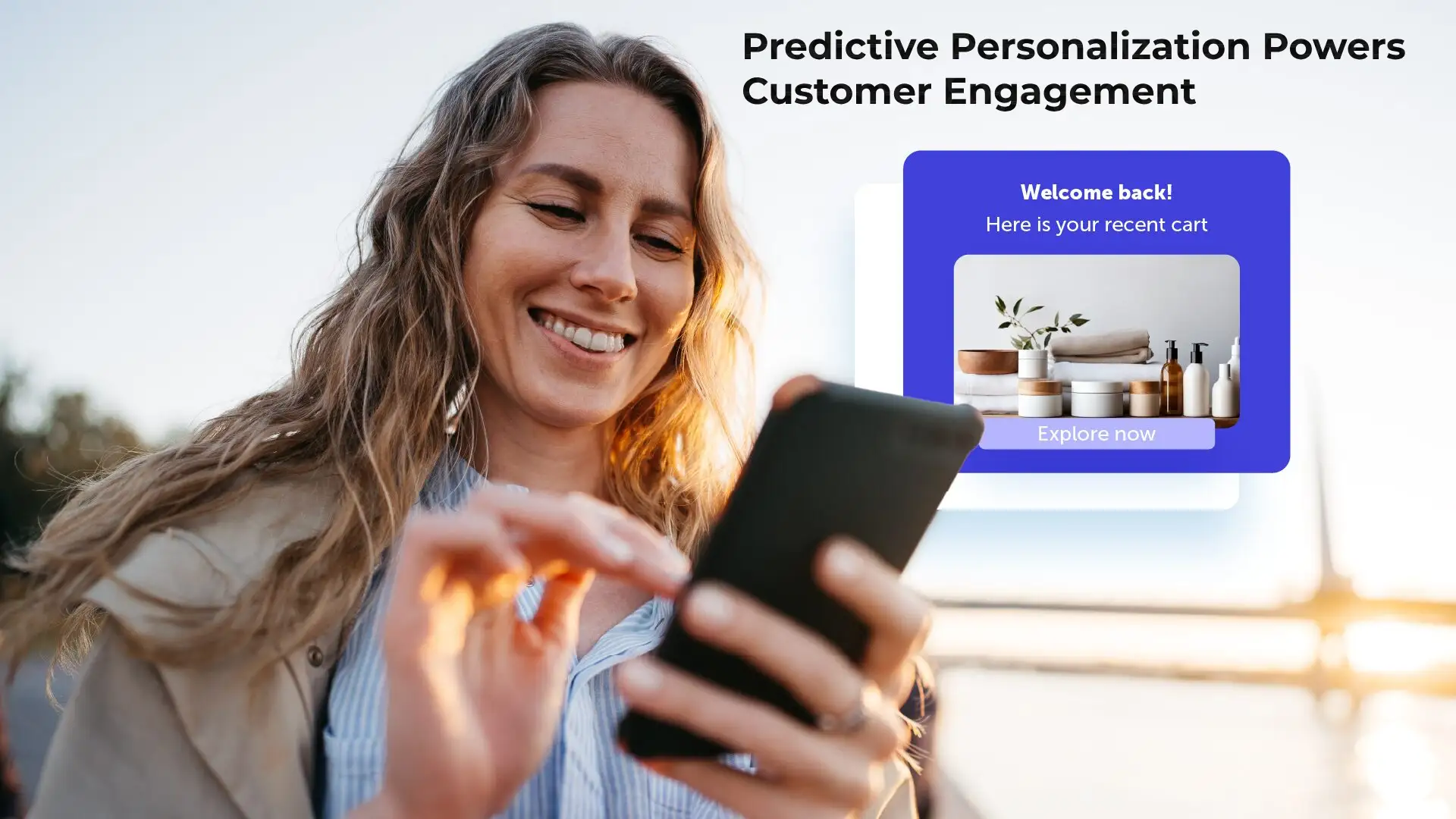Predictive personalization is revolutionizing e-commerce by combining AI and real-time data to create personalized customer experiences. This approach is not just about tracking clicks or sending generic emails but also predicting customer needs before they realize it. Leading brands are transforming their mobile app interfaces and checkout journeys to feel dynamic, intuitive, and context-aware. Predictive personalization involves training systems to recognize user behavior, browsing sequences, and engagement dynamics, making it feel more like a personalized assistant than a sales engine.
What is predictive personalization in e-commerce?
Predictive personalization uses advanced machine learning algorithms, high-frequency behavioral data, and contextual cues to dynamically tailor customer experiences. It goes beyond traditional segmentation models and builds intelligent profiles based on complex, multi-dimensional data. This fusion of technical disciplines includes behavioral analytics, context inference, sequential modeling, and intent recognition.
The ultimate goal is seamless 1:1 personalization across every customer touchpoint, increasing conversion rates and average order values. This not only drives long-term customer loyalty but also improves customer experience.
Deep learning powers predictive personalization:
Deep learning is a crucial component in predictive personalization, enabling e-commerce platforms to use large-scale, high-dimensional data to drive real-time, context-aware recommendations and decisions. Neural network architectures like Convolutional Neural Networks (CNNs), Recurrent Neural Networks (RNNs), and Transformers enable platforms to model user behavior with unprecedented accuracy and scalability. These models are adept at learning from vast, unstructured data streams and adapting in real-time to evolving customer behavior.
RNNs and LSTMs are effective for sequence modeling, while CNNs extract deep features from product images for personalized recommendations. Deep learning enables hyper-personalized experiences by combining user interactions, product attributes, and external factors.
Unified data unlocks deeper personalization:
AI is revolutionizing e-commerce personalization by integrating cross-channel data from various systems. By consolidating data from in-store interactions, social engagement, and post-purchase behavior, AI can offer precise, relevant personalization and tailored recommendations beyond products, suggesting complementary services and effective communication channels.
Scaling the future of personalization:
Scaling predictive personalization is crucial for businesses to stay competitive and deliver personalized experiences at scale. Businesses must have a strong data infrastructure that can process large amounts of data in real time, including interaction data, external data, and customer activity across platforms, in order to do this. By using cloud-based solutions that are scalable, resources may be easily expanded without implementing significant strain on the infrastructure.
Machine learning models should be optimized for scalability using techniques like model distribution, pruning, and incremental learning while unifying multi-channel data and using Customer Data Platforms for consistent personalized experiences.
In summary, predictive personalization, a blend of AI and real-time data, is revolutionizing e-commerce by predicting customer needs, personalizing interactions, and enhancing user satisfaction, leading to increased conversions and loyalty.
Please reach out to marketing@tychons.com for your commerce predictive personalizations.

